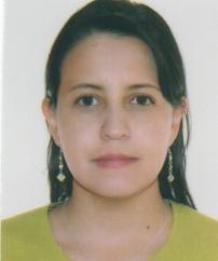We have a new paid intern in the Sociology Department for the next couple of months. See what he has to say below:
I’m David, I graduated last year with a degree in Sociology
from York and I’m currently undertaking a spring term internship with the
department (organised through the
Student
Internship Bureau) working to promote careers and employability with current
and recent students.
The three years I spent at university were the best I could
have asked for, and maybe because I was enjoying it so much, the years
absolutely flew by without stopping to think: what next.

I got involved in two voluntary schemes,
YSIS
and
YSIC,
both of which were hugely rewarding and developed many different skills. I also
held four different jobs whilst at university (not all at the same time, mind).
I’d prepared, but
I didn’t know what I wanted to do. Since
graduation I’ve had time to think this through. This internship represents the
first step in that direction.
The opportunities like the ones the Student Internship
Bureau (SIB) coordinates allows students to figure out where their strengths
lie. Critically, these internships provide an opportunity to ‘test the water’
in a specific field, helping students and graduates find their feet in the
world of work.
As for me, my internship has cemented my interest in working
with students in a HE environment. I’m currently applying for positions in HE
institutions with a renewed sense of purpose, a confidence in my own ability
and knowledge of what I want to do.
In short, whatever your situation, a current student in your
first year (lucky lot), a stressed out third year or a graduate like myself,
there are opportunities for you provided by the fantastic careers team here at
York. Grab each one that is available to you, gain all the skills and
experiences available because it’s a competitive world post-graduation.
Remember, York provides support; for
life.
Cheers,
David.

















